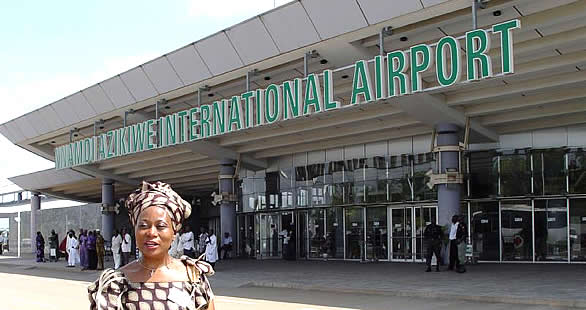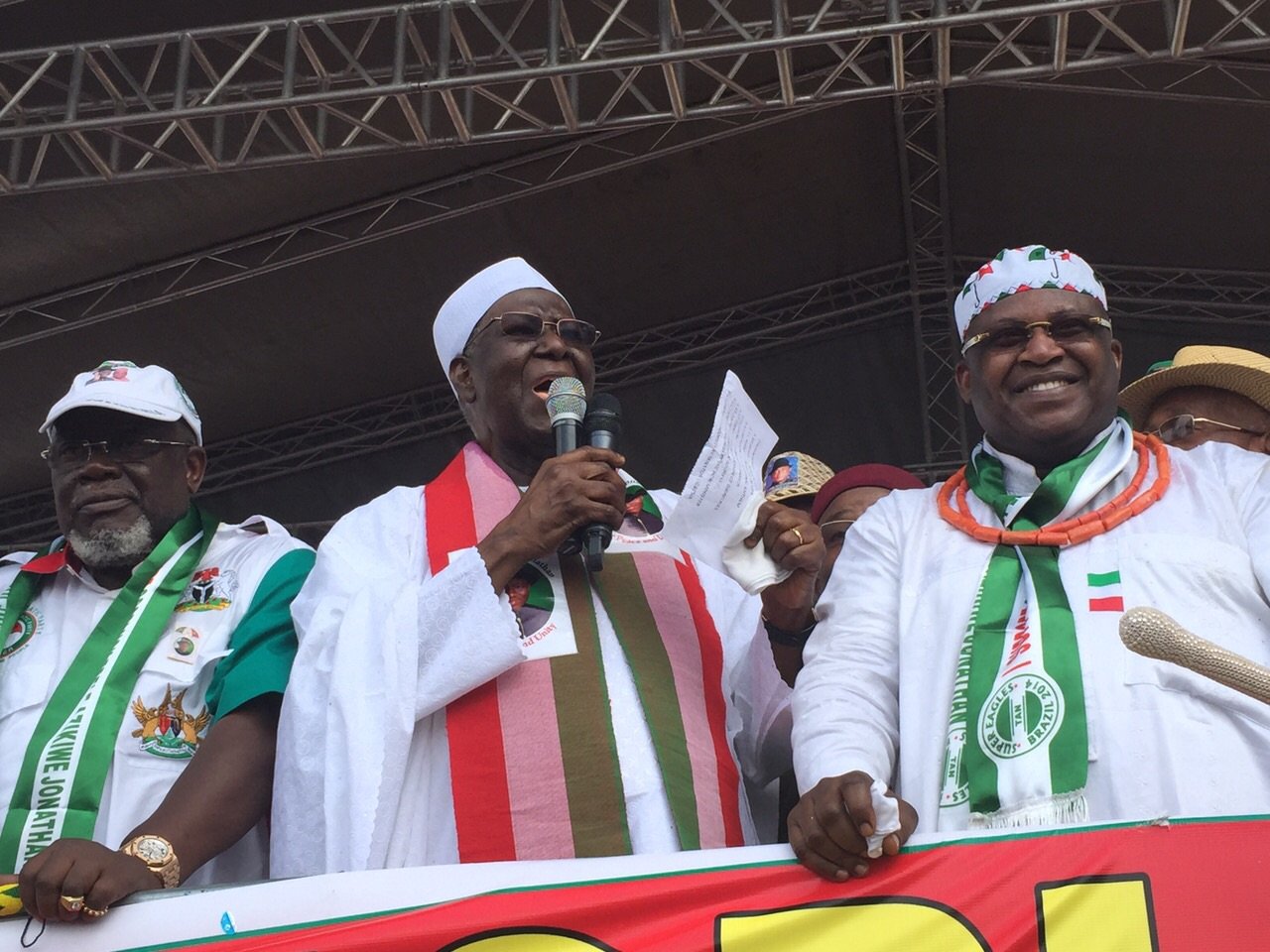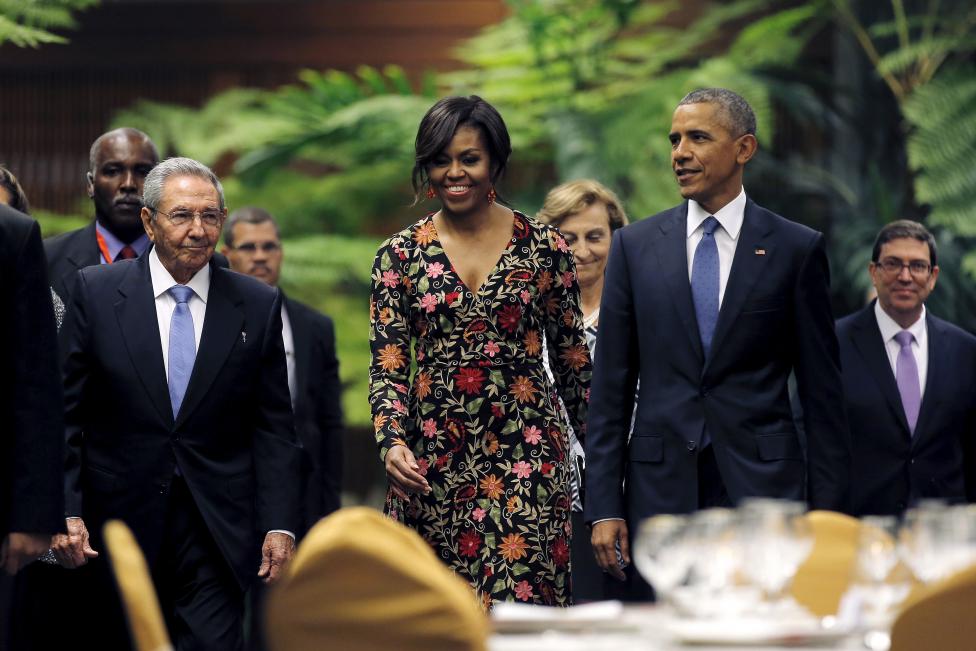President Muhammadu Buhari on Tuesday said Nigeria made a mistake by abandoning agriculture but the country is learning the hard way.
According to Garba Shehu, senior special assistant to the president on media and publicity, Buhari said the problem of oil production in the country and in global markets had made agriculture imperative.
Buhari reportedly said this when he met with Sharif Mohammed Kabir Ibn Mohammad, world leader of Tijjaniyya Islamic Movement, at the presidential villa in Abuja.
“We are learning the hard way. The mistake we made was to abandon agriculture. We came at a time of difficulty, which the country never experienced since the civil war,” he said.
Advertisement
The president also warned that the two million internally displaced persons (IDPs) in refugee camps across the country must be properly resettled if the country was to avert possible social discontent.
He also expressed regret over the destruction of public institutions in the north-east.
“Government is faced with the problem of rebuilding schools, health centres and whole towns,” he said.
Advertisement
“We must renovate or rebuild schools and recruit teachers, otherwise, they will become tomorrow’s Boko Haram.”
Buhari reiterated the importance of justice in the affairs of governance, emphasising that men and women in authority must show kindness and justice to all the people under their care.
He commended the religious group for the prayers it rendered for three days in Yola, Adamawa state, for the recovery of the economy and for peace in the country.
Buhari also requested the religious leaders to persuade Nigerians to embrace hard work, endurance and patience, and gave the assurance that the present administration would not relent in its efforts to achieve self-reliance and security.
Advertisement
In his remarks, Mohammad commended Buhari’s “sense of justice and concern” for the people of Nigeria.
He assured the president that the Tijjaniyya movement was in support of the administration and would continue to pray for its success.






